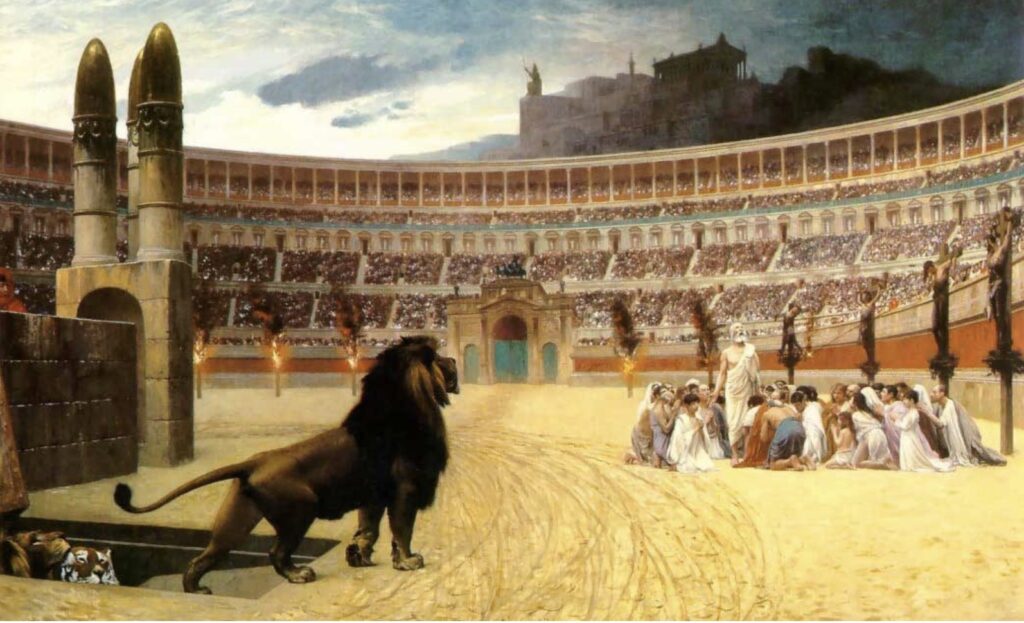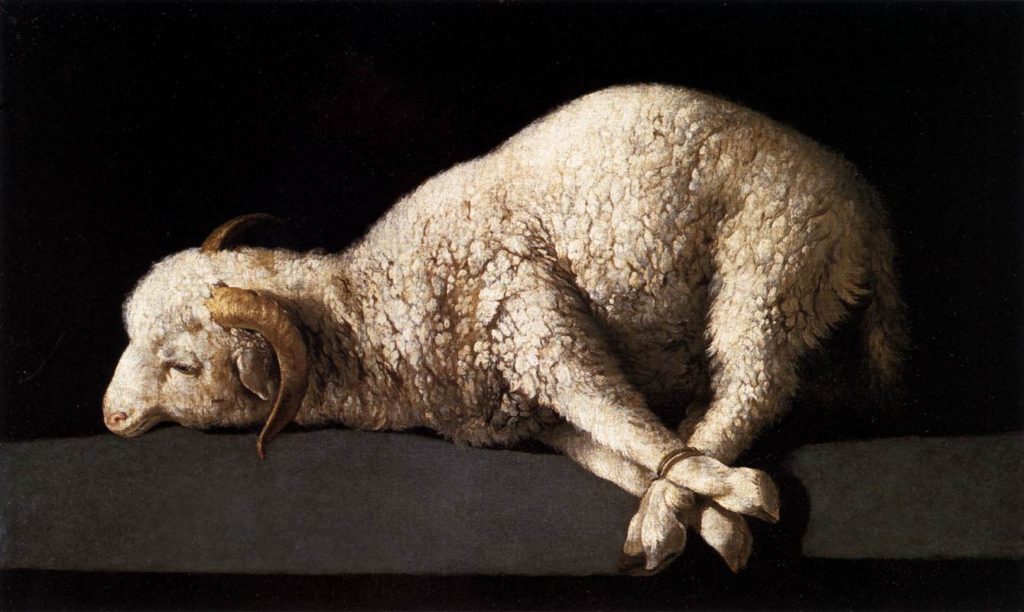
Do you realise the very first person to see the risen Lord Jesus, the first person to respond to him and the first person to tell the good news to others, was not one of the Apostles, but Mary Magdalene. Mary Magdalene appears in all four Gospel accounts of the death and resurrection of Jesus.
From these we learn that Mary Magdalene became a friend and follower of Jesus after he cast out seven demons from her. She was present during Jesus’ trial (Matthew 27:45). She was there at the Crucifixion (John 19:25).She watched Joseph of Arimathea bury Jesus (Luke 23:56).
And on Easter Sunday she and some other women were the first to discover the stone had been rolled away (John 20:1), first to meet the risen Lord Jesus (John 20:15-16) first to tell the disbelieving disciples the good news (John 20:18).
Surprisingly, it was also Mary and some other women who supported Jesus financially from their income. This tells us something about the value Jesus placed on women. Jesus recruited and traveled with both men and women followers. That was unheard of. When we think of the disciples we tend to imagine the 12 male Apostles, but Jesus drew around him both men and women, into one extended family of sisters and brothers. In this Jesus was very radical. It was the custom that women would only travel with their families. In the Easter story, the Apostle John gives us the fullest account of Mary’s role. As we read John 20 together I want to make three observations about Mary: About her heart, about her mind and about her will.
Continue reading







